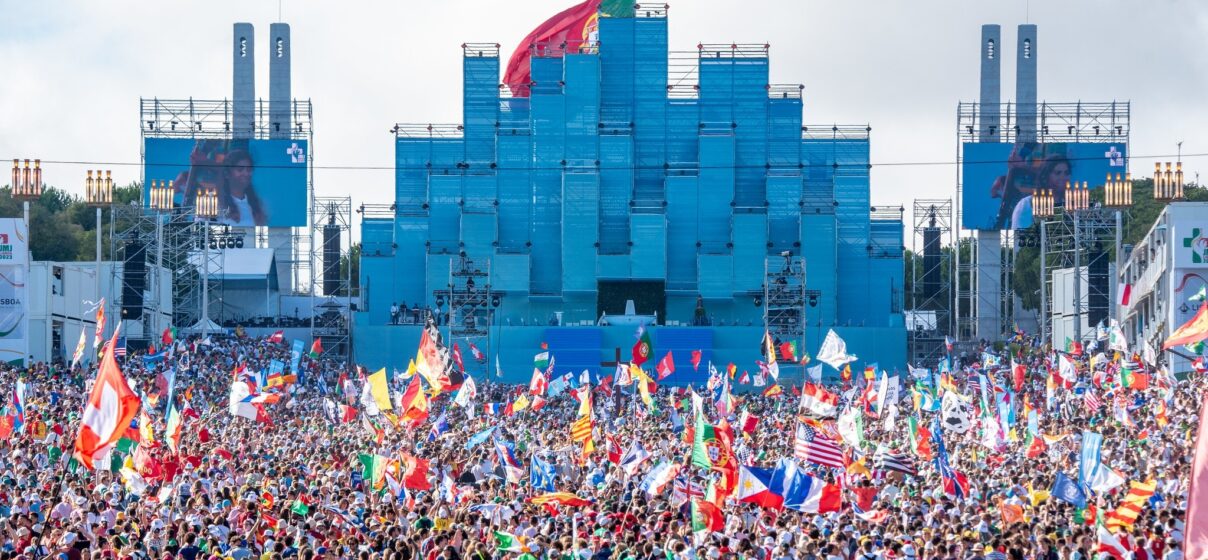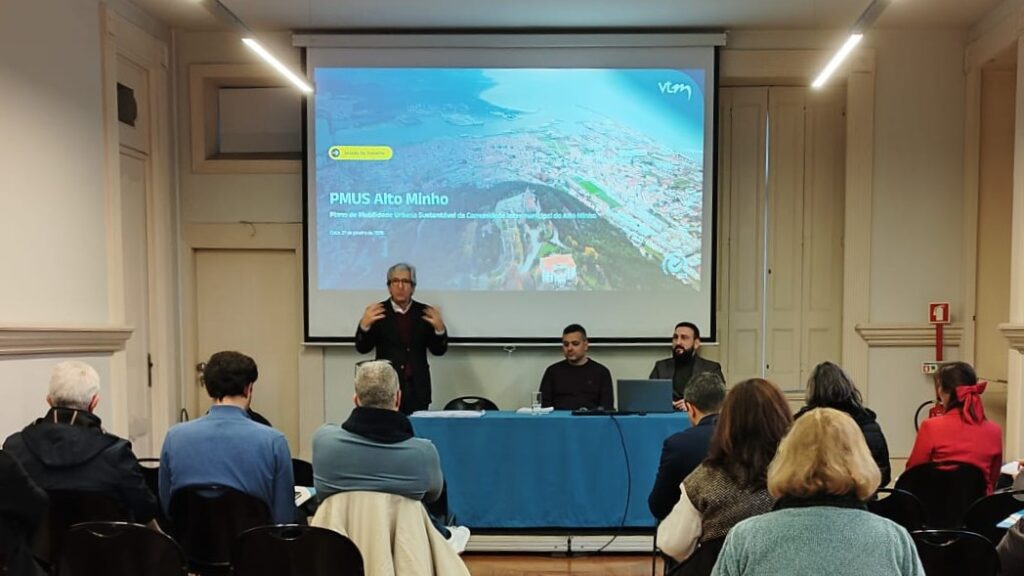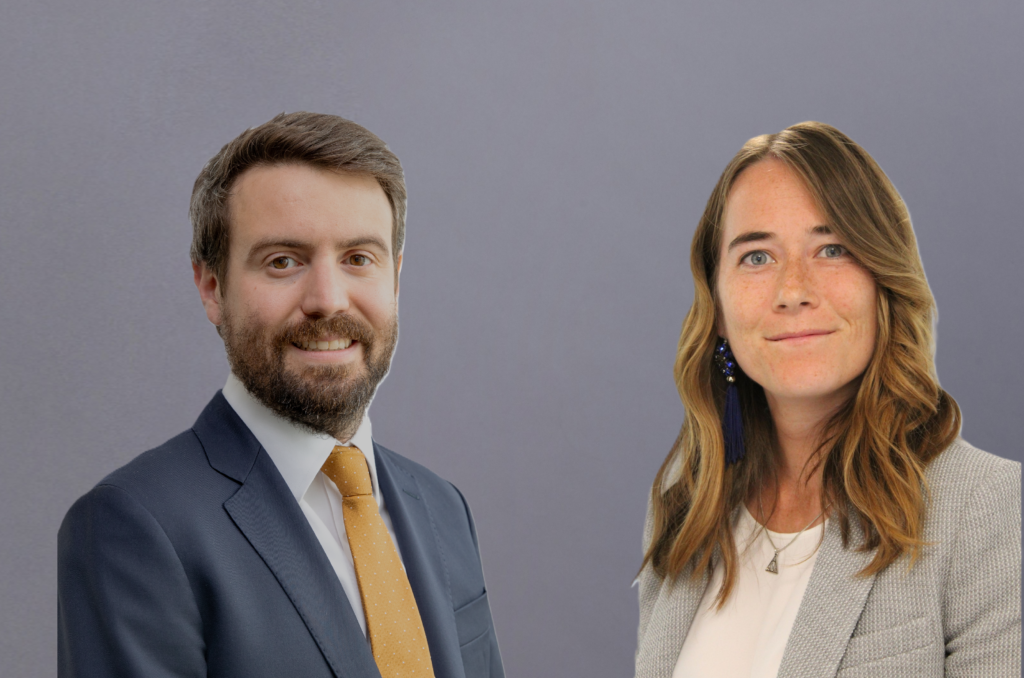VTM and Instituto Superior Técnico celebrate a new milestone: congratulations to João on his master’s graduation!

VTM supports scientific development in the transport and mobility sector by providing its expertise in co-supervising theses to obtain academic degrees.
João Coragem, a student from Instituto Superior Técnico, defended his master’s thesis this week, having obtained a classification of 16/20 in a dissertation advised by prof. Filipe Moura and co-supervised by Isabel Pimenta on the topic “Mega-Events and the impact on Urban Mobility Management: The case of WYD Lisbon 2023”.
The primary aim of this thesis was to develop and systematize guidelines for managing urban mobility during mega-events, using the 2023 World Youth Day (WYD) in Lisbon as a case study.
These guidelines are intended to be applicable to other contexts and future mega-events, contributing to the continuous improvement of event organization and management.
To achieve this objective, a methodological approach involving semi-structured interviews with the organizing entities was employed. This approach proved highly effective for gathering detailed and contextual information, capturing the experiences and perceptions of various stakeholders involved in managing the mobility for the mega-event. These interviews provided deep insights into the practices and challenges faced, enriching the analysis with valuable perspectives.
Additionally, the use of artificial intelligence (AI) tools significantly enhanced the data processing, allowing for a more robust and precise analysis. AI facilitated the identification of patterns and trends that might have been overlooked with traditional analysis methods, contributing to greater accuracy in extracting relevant information and formulating the guidelines. A significant contribution of this thesis lies in preserving and systematizing the lessons and learnings from the organizing entities.
By documenting and structuring these insights, the acquired knowledge is ensured to be effectively transmitted for the organization of future mega events.
This thesis achieved its objective of formulating useful and applicable guidelines for managing urban mobility during mega-events, based on concrete evidence and an AI-enhanced analysis process. These guidelines represent a valuable contribution to preserving acquired knowledge, ensuring that lessons learned are not forgotten and transformed into a legacy for future mega-events.
Latest news
All news
Collaborative mobility planning takes a major step forward in Alto Minho
This week, Ponte de Lima hosted an important milestone for sustainable mobility in the Alto Minho region, with the working sessions of the 2nd-generation Sustainable Urban Mobility Plan of Alto Minho (SUMP Alto Minho), promoted by CIM Alto Minho. At VTM, we are proud to support CIM Alto Minho in the development of a new-generation […]

VTM welcomes Oriol Riba and Alessandra Bernardi
VTM is pleased to announce the addition of two highly experienced professionals, Oriol Riba and Alessandra Bernardi, further strengthening our capabilities across infrastructure advisory and transport modelling. Oriol Riba joins VTM as a Senior Associate Director with more than fourteen years of experience in the infrastructure sector, with a strong focus on transport and additional exposure to energy […]
